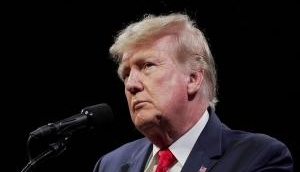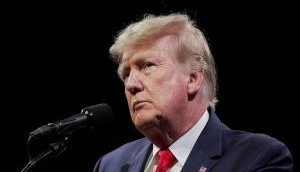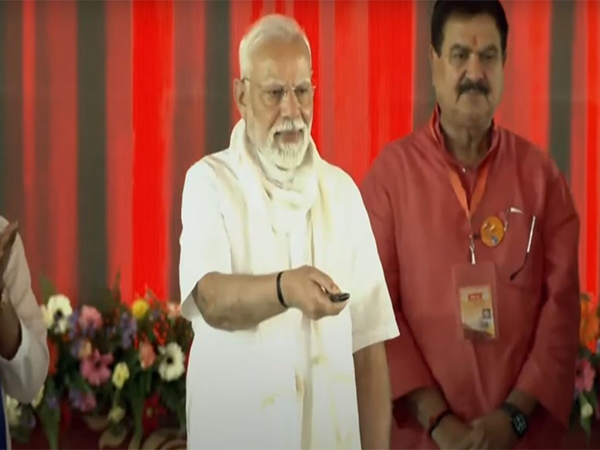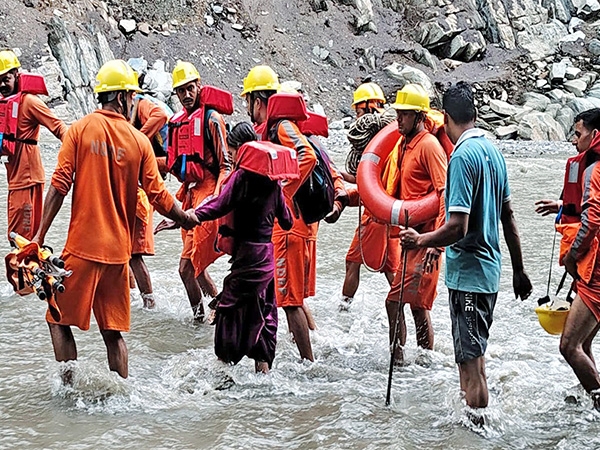Europe needs to learn how to work with Turkey while keeping democracy alive

At the turn of the 21st cenutry, it was popular to speak of a “European Turkey”, just as it was standard to describe Russia as European – something historically and influentially attached to the continent. ![]()
These lines of thinking were a powerful counter to the clash of civilisations thesis put forth by US political scientist Samuel Huntington in 1996, which predicted a new world order of cultural and social conflict between European Catholic Christianity and the Muslim Middle East, following the end of the Cold War. The integration of Turkey to the European Union would have proved him wrong.
Yet today, the relationship has strained to a point where Turkey has threatened to cancel the refugee deal it made with the EU and a critical diplomatic crisis has been sparked between Turkey, Germany and the Netherlands.
This crisis has developed despite the almost 500 years of cultural and political interchange between Turkey to Europe.
An artificial separation
The Ottoman Empire penetrated the Balkan peninsula in 1453, reaching the outskirts of Vienna in the north in 1683. The Ottomans shaped how politics evolved on the European continent by the example it set in southeastern Europe and the eastern Mediterranean corner at the gates of the Austro-Hungarian Empire.

Turkey was then largely separated from the European narrative after the decline of the Ottoman Empire and the Congress of Berlin of 1878. Shared influences were not considered the most valid subjects during the eras that followed, including the superpower confrontation between the Soviet Union and the United States.
It was the end of the Cold War and the birth of the European Union that helped put an end to this ahistorical separation. The EU offered new generations one superb gift – that of multiple identities. One could be Dutch, Muslim and European all at once.
Turkey was also a valued member of NATO and, as early as in the 1970s, it had taken part in the alliance’s Mediterranean working groups. According to new archival sources from 1972 that I have consulted, Turkey offered perspectives on defence matters in the North African region, specifically relations between Algeria, Morocco, Tunisia and Libya. These included, among other serious matters, the use of chemical weapons.
Trusted exchanges of expertise helped to bring the state closer to Europe in diplomatic terms. There was experience and a pattern for functioning together which only few have known about until now.
Popular history books written at the dawn of the new millennium described the history of the Balkans from a new premise of the positive effects of the Ottoman Empire. It was an inclusivist, multinational empire that granted individuals group rights based on their religion. Our view on the long history of Turkey changed.

Today, the inclusivity perspective based on a history of shared interactions has been lost, although there is no a clear idea what would replace it. A European Turkey is no longer the projected answer.
Since 1999, many inside the Turkish government have placed the blame on Turkey’s prolonged EU membership negotiations following its application, which was first submitted in 1987. The negotiations are said to have finally ceased, frustrating the Turkish leadership. Others speak of radical Islamophobia against Turkey.
Yet the answer to the complicated questions facing the current European perspective on Turkey are also not as simple as prejudice.
A powerful, feared and not-so-reliable ally
In reality, Europe is stuck with a set of escalating and all-consuming problems in the Mediterranean: a struggle for democracy in Serbia and Macedonia, the raging civil war in Syria and a collapse of the state in Libya.
In these regions, Turkey and Russia are powerful players, often not aligned with European foreign policies, even sometimes adding more obstacles to it.
Instead of supporting EU integration in the Western Balkans, Turkey is pursuing its own commercial interest. And it seems that Turkey will not prevent but enable Russian military presence in Libya.
The EU cannot afford to have the geopolitically crucial Turkey as its enemy – Ankara can exaggerate all three of the EU’s foreign policy difficulties.

This situation leaves Europe to question the nature of the relationship. How can a member be part of policy groups inside NATO and share intelligence while at the same time be evidently working against its partners’ interests?
Since the end of the Cold War, Turkey has not developed towards strong democracy. Turkish civil rights have diminished. The Arab Spring drew even the youngest generations’ attention to the fact that unlike Eastern Europe, the Mediterranean area has not yet fully achieved its own wave of democratisation.
This means every political deal and interaction European leaders make with Turkey can be questioned and judged harshly. In the minds of many it is not nearly enough to emphasise how Europe will be a partner to the Syrian people once war is over. In a global world this seems cynical when war in place of democracy should never have happened in the first place.
There have been many powerful and constant European voices, including Finish Nobel Peace Prize laureate and politician Martti Ahtisaari and former Italian minister of Foreign Affairs Emma Bonnino, who have spoken and acted in advocacy of Turkey’s EU membership.
There has never been a complete lack of sympathy even at the very highest levels of European power structures for the European-Turkish project. But what has transpired is a persistent confusion about what the different EU states’ positions on Turkey are. In personal conversations I have had with European heads of state in charge of leading foreign policy, it has become clear to me that, on occasion, some of them even have not always been certain what their state’s actual stance on Turkey is supposed to be.
The strained relationship threatens a refugee crises across the Mediterranean and an escalation of conflicts in Syria and Libya. And the situation could prevent Europe from gaining a deeper understanding of Turkey’s powerful position in the Middle East and Northern Africa.
It’s worth remembering that this region was deeply influenced by the Ottoman Empire’s Tanzimat reforms. After the end of World War II, when post-colonial North African states were reflecting on their political futures and reforming, they considered the Ottoman renewal as setting an important precedent.
Ottoman reforms of the judiciary and state planning became a historical reference in the Arab world. The French Revolution and the European Enlightenment were not the only references that counted across the Mediterranean then. Neither are European examples the only ones that count today.

What should Europe do with Turkey?
During the current age of populism, the European Union’s strongest assets are its democracy and its openness. European leaders must not question or deny citizens their multiculturalism.
The conversation should now focus on Europe’s commitment to civic values, civil leadership and women’s rights. The answers to the number of questions concerning the Mediterranean are not found in terms of adversarial or friendly relations. That is the language of populism.
Diplomacy instead involves day-to-day work on those political problems, which seem impossible or unlikely to be solved. It is not the flashy street fights or spectacles we have seen in recent weeks.
Working groups tackling the complex political questions involving Turkey and Europe can be convened inside the European Union, with or also without Turkey’s involvement. Such a group would widen resolutions and initiatives that have in recent years come from only few EU countries, such as Germany and the Netherlands, and could find solutions as well as consensus for the EU.
Europe has numerous former as well as current diplomatic heavyweights in office who could lead such an initiative, including Swedish former foreign affairs minister Carl Bildt, Italian ex-Prime Minister Enrico Letta and former Finland president Tarja Halonen, among many others. Europe should therefore use its experienced leaders and not leave them on the sidelines of its work.
The most basic questions for a working group on European-Turkish relations to ask today are how Turkey has influenced Europe and how they can build a future together.
Rinna Kullaa, Tenure Track Professorship in Global History, University of Tampere
This article was originally published on The Conversation. Read the original article.
First published: 20 March 2017, 16:52 IST





![BJP's Kapil Mishra recreates Shankar Mahadevan’s ‘Breathless’ song to highlight Delhi pollution [WATCH] BJP's Kapil Mishra recreates Shankar Mahadevan’s ‘Breathless’ song to highlight Delhi pollution [WATCH]](https://images.catchnews.com/upload/2022/11/03/kapil-mishra_240884_300x172.png)

![Anupam Kher shares pictures of his toned body on 67th birthday [MUST SEE] Anupam Kher shares pictures of his toned body on 67th birthday [MUST SEE]](https://images.catchnews.com/upload/2022/03/07/Anupam_kher_231145_300x172.jpg)






